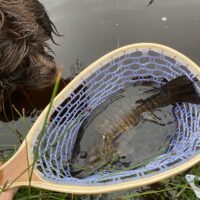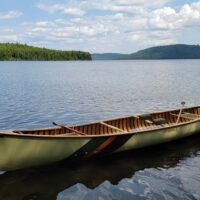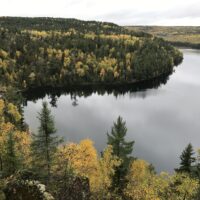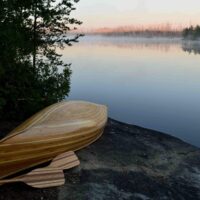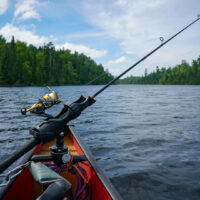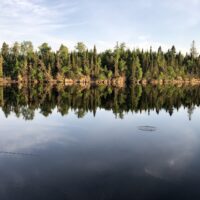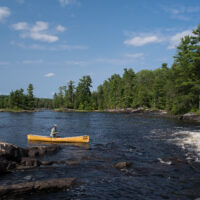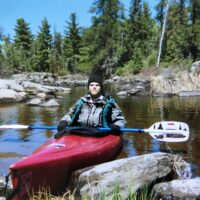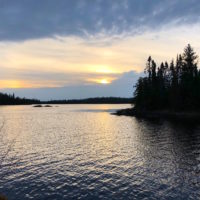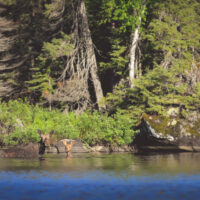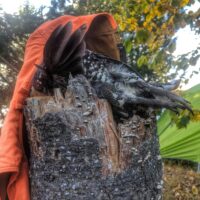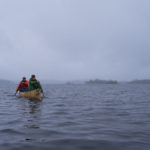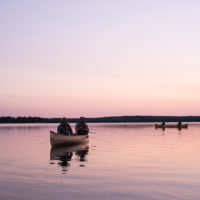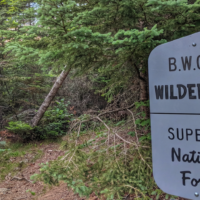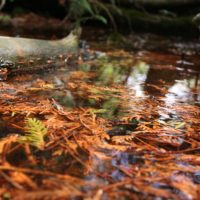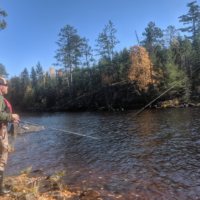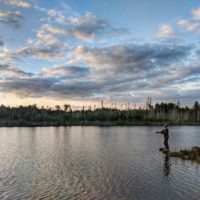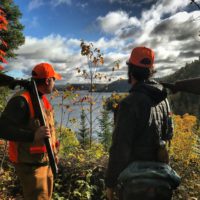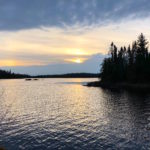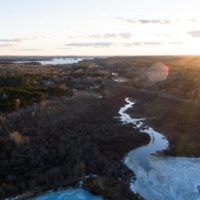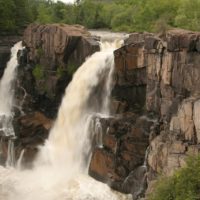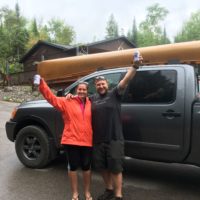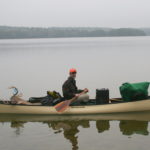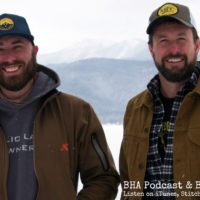A Path Forward For The Boundary Waters
February 26, 2021 2:12 pmBy: Sportsmen for the Boundary Waters
The future of Minnesota’s Boundary Waters Canoe Wilderness, and Americans’ relationship to it, is in the hands of key decision-makers at the U. S. Department of Agriculture, U. S. Forest Service, Bureau of Land Management, the United States Congress, and hunters and anglers like you and me.
With 2021’s winter lake trout opener come and gone, many of us are eyeing BWCA permits for the upcoming spring and dreaming of warmer days in the back of a canoe. Last year, the Boundary Waters saw a record number of visitors – people came to experience the tranquility, solitude, and solace the lakes, rivers, and trails of the BWCA are known for.
During the winter, the impact of the decision to set the Boundary Waters aside as Wilderness is crystal clear. Covered in ice and silence, blanketed by snow, no planes fly below 4,000 feet above the lakes, and you can go days without seeing anyone else. Within the contiguous United States places where this is even possible are few and far between. Canoe country lakes are connected by portages for miles, full of clean, frozen water, teeming with wildlife, and open to the people 365 days a year.
The federal government has taken additional steps to conserve water, wildlife, and visitors’ access in the Boundary Waters at almost every turn. Now, after the Bureau of Land Management renewed hard rock mining leases upstream of the Wilderness, and announced their intention to begin an EIS of the proposed hard rock mine in the same area, the BWCA’s future is in the hands of a few key decision-makers at federal agencies.
In 2016, then-Secretary of Agriculture Tom Vilsack, who was confirmed again last week to serve as Secretary of Agriculture in the Biden Administration, ordered the United States Forest Service to deny renewal of two federal hard rock mineral leases that mining companies sought to develop upstream of the Boundary Waters. In his own words, Secretary Vilsack “asked Interior to take a time out, conduct a careful environmental analysis and engage the public on whether future (hard rock) mining should be authorized on any federal land next door to the Boundary Waters.”
This was the right step to ensure long-term protection of the Boundary Waters and kicked off a study involving public input that made the case for long-term conservation of the Boundary Waters. Secretary Vilsack doubled down on that decision in this 2018 op-ed, where he criticized the reversal of his decision and made the case that long-term conservation of the Boundary Waters watershed would benefit the area’s economy more than this type of mining could.
“Permanent withdrawal of hard rock mineral leases upstream of the BWCA is the best way to ensure lasting protection of the area and to ensure Boundary Waters lakes, rivers, and streams are never impaired by sulfide-ore mining,” said Spencer Shaver, SFBW conservation director
SFBW encourages the completion of a mineral withdrawal study by the federal government and supports a decision by federal agencies to order a withdrawal of leases in the 234,328 acres the Forest Service put forward in 2016. This would place a moratorium on the development of new mineral leases in the area for up to 20 years.
Last January, Representative Betty McCollum introduced H.R. 5598, the Boundary Waters Wilderness Protection and Pollution Prevention Act, to permanently withdraw federal mineral leases outside the BWCA from any future mineral leasing. Rep. McCollum’s bill passed out of committee, with support from 47 cosponsors in the United States House of Representatives. We’re grateful to Representative McCollum for her leadership, and to everyone who took the time to advocate on behalf of permanent Boundary Waters protection.
With your support and the support of our partners like the Backcountry Hunters and Anglers, SFBW helped hunters and anglers across the country send over 10,000 messages to Congress in support of H.R. 5598 last year. We are excited to work with Representative McCollum in 2021 to advocate on behalf of the re-introduction of this key legislation in the new Congress, a critical effort to the long-term conservation of the Boundary Waters.
Incoming Secretary of the Interior, Representative Debra Haaland, who would oversee federal mineral leasing, also voted for H.R. 5598 in the House Natural Resource Committee last year. A member of the Laguna Pueblo tribe, Haaland has served as vice chairwoman of the House Natural Resources Committee and chairwoman of the subcommittee on National Parks, Forests, and Public Lands. Rep. Haaland has a strong record as an advocate for public lands and support of the Boundary Waters, and we look forward to working with the Department of Interior and Bureau of Land Management to ensure hunting and fishing remain accessible in the Boundary Waters for future generations.
We’re confident that with your help, and with the ongoing help of every other person who has joined the effort to protect the Boundary Waters across the country, we will secure permanent protection for the BWCA watershed from sulfide-ore copper mining and conserve the world-class hunting and fishing in the area for future generations of paddlers. Thank you for your ongoing support of our cherished wild places. Stay safe and have fun while enjoying the great outdoors.
Take the pledge to defend the Boundary Waters. Follow us on Instagram, Twitter, and Facebook to learn more and receive updates on how you can take action to conserve the Boundary Waters.
Cover photo: Crystal Magiera
Tags: BLM, Boundary Waters, BWCA, Conservation, Deb Haaland, fishing, Forest Service, hunting, Tom Vilsack, USFS








